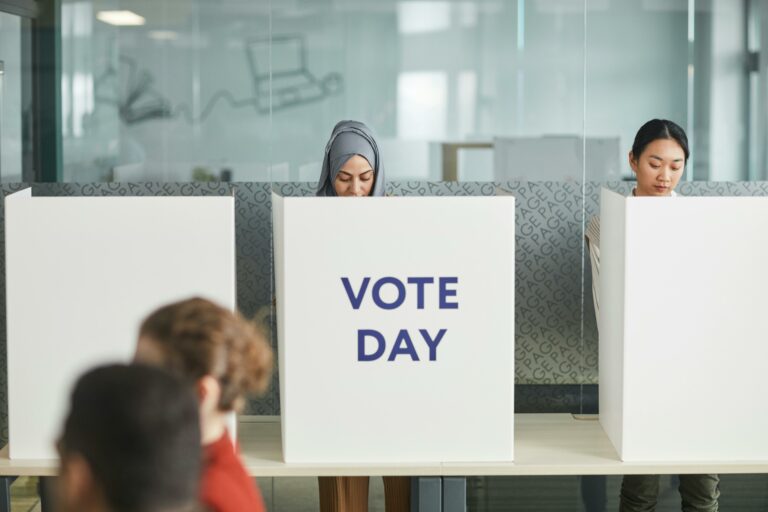Addressing Disinformation and Misinformation in Elections
11xplay com, laser247, Skylivecasino Signup:Addressing Disinformation and Misinformation in Elections
In today’s digital age, the spread of disinformation and misinformation has become a significant challenge, especially during election periods. With the rise of social media platforms and online news sources, it has become easier for false information to spread like wildfire and influence public opinion. As a result, it is crucial for governments, tech companies, and individuals to take proactive steps to address and combat disinformation and misinformation in elections.
Understanding the difference between disinformation and misinformation is essential in tackling these issues effectively. Disinformation refers to false information that is deliberately spread with the intent to deceive, manipulate, or influence people’s beliefs or actions. On the other hand, misinformation refers to false information that is spread unintentionally without malicious intent. Both types of false information can have a detrimental impact on the democratic process and undermine the credibility of elections.
To combat disinformation and misinformation effectively, it is essential to adopt a multi-faceted approach involving government regulations, tech solutions, media literacy programs, and individual awareness. Here are some strategies that can help address these challenges:
Enhancing Media Literacy: One of the most effective ways to combat disinformation and misinformation is to educate the public about how to identify false information online. Media literacy programs can help people develop critical thinking skills and distinguish between reliable and unreliable sources of information.
Fact-Checking Services: Fact-checking organizations play a crucial role in debunking false information and verifying the accuracy of news stories. By partnering with reputable fact-checkers, social media platforms can flag and label misleading content to prevent its spread.
Transparency and Accountability: Tech companies should be transparent about their algorithms and content moderation policies to ensure that they are not inadvertently amplifying false information. Moreover, they should hold users and publishers accountable for spreading disinformation and misinformation on their platforms.
Regulations and Legislation: Governments can implement regulations and laws to hold bad actors accountable for spreading false information during elections. Legal mechanisms can be put in place to penalize those who engage in malicious disinformation campaigns.
Collaboration and Partnerships: Collaboration between governments, tech companies, civil society organizations, and media outlets is essential to create a united front against disinformation and misinformation. By working together, stakeholders can share resources, best practices, and strategies to combat false information effectively.
Responsible Social Media Use: Individuals play a critical role in preventing the spread of disinformation and misinformation by being cautious about the information they share online. Before reposting or sharing news stories, individuals should verify the accuracy of the information from multiple credible sources.
By implementing these strategies, we can create a more informed and resilient society that is better equipped to combat disinformation and misinformation during elections. It is crucial for all stakeholders to work together and take proactive steps to address these challenges effectively.
FAQs
Q: What is the difference between disinformation and misinformation?
A: Disinformation refers to false information spread intentionally to deceive or manipulate, while misinformation refers to false information spread unintentionally without malicious intent.
Q: How can individuals identify false information online?
A: Individuals can identify false information by checking the credibility of the source, verifying the information from multiple sources, and looking out for red flags like sensational headlines or spelling errors.
Q: What role do fact-checking organizations play in combating disinformation?
A: Fact-checking organizations debunk false information, verify the accuracy of news stories, and help flag misleading content on social media platforms to prevent its spread.
Q: How can social media platforms hold users and publishers accountable for spreading false information?
A: Social media platforms can implement content moderation policies, fact-checking mechanisms, and reporting systems to hold users and publishers accountable for spreading disinformation and misinformation.







